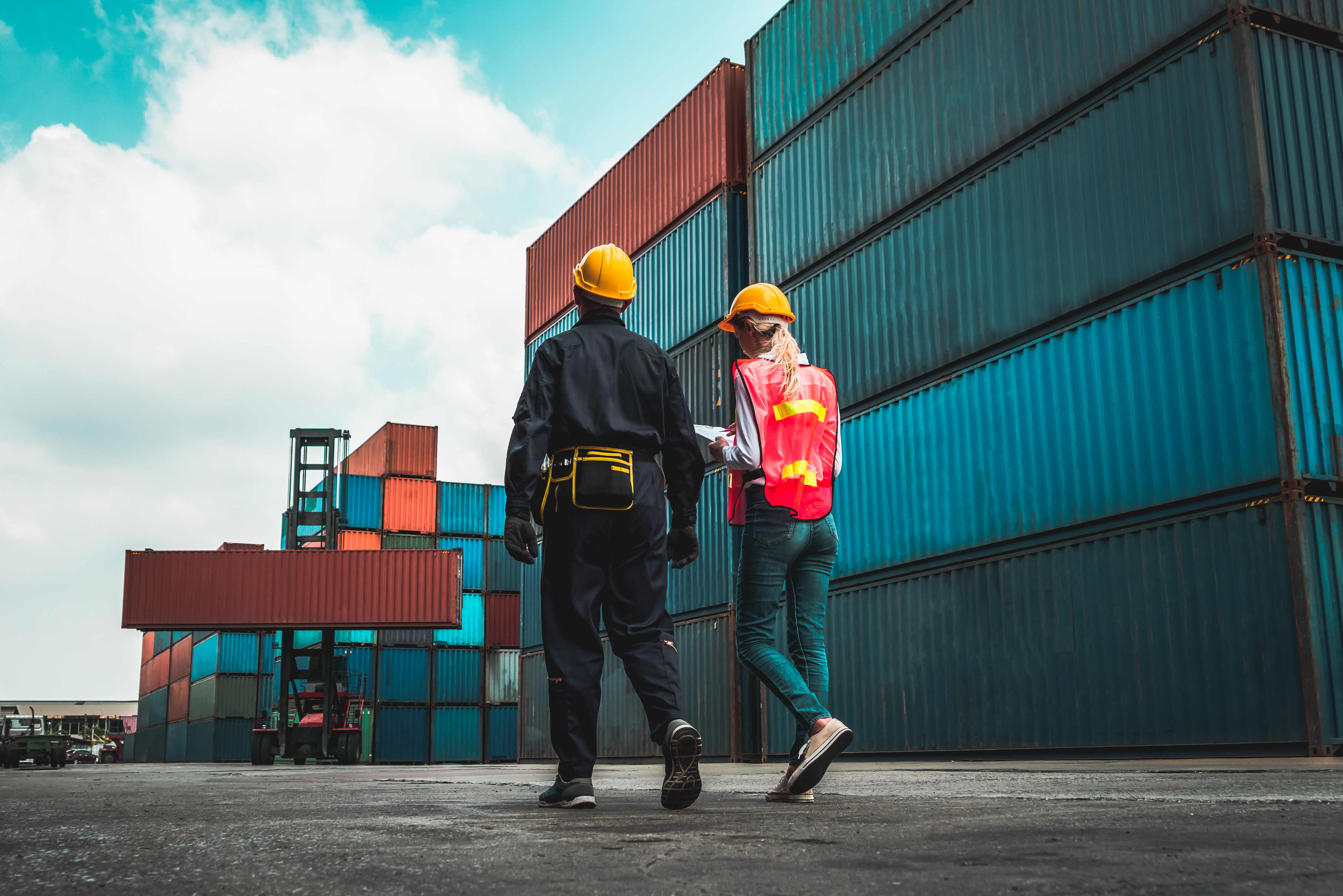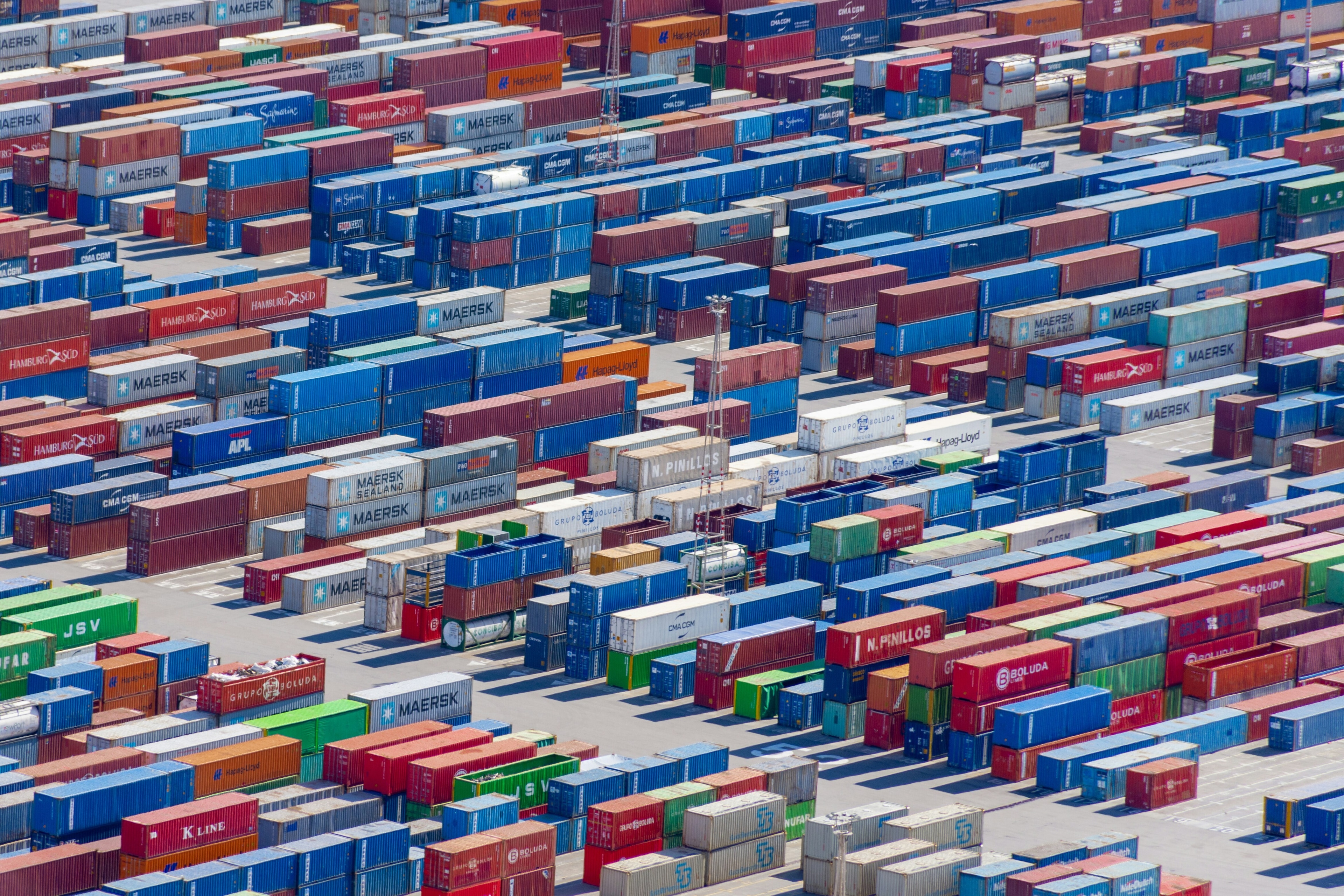Why Latin America needs a new approach to trade

Image: REUTERS/Nacho Doce
José Augusto Coelho Fernandes
Director, Policy and Strategy, Confederação Nacional da Industria (CNI)The lack of good transportation infrastructure in Latin America hinders trade as it increases costs and reduces supply reliability. Inter-American Development Bank studies show that tackling transportation costs can be as effective a tool as trade negotiations to increase trade in the region.
The overall Latin American picture is not good. An analysis of the 2014 World Bank Logistic Performance Index (LPI) reveals some evidence that reinforces the need to do more:
- There is no Latin American country in the top 25% of the LPI global ranking;
- There is great heterogeneity between countries. Two Latin American countries are in a range slightly above 70% of the top global performer (Germany). Three are between 60-69% of the top performer; eight between 50-60% and ten less than 50% of the top performer.
- Infrastructure cost and quality are greater issues in Latin America than in other regions.
Transportation is key for the development of regional supply-chains. Supply-chains demand good infrastructure, logistics and trade facilitation between borders. Without it, firms have to build up more stock reserves and working capital. This strongly affects national and regional competitiveness due to high financial costs.
Efforts to change this situation in Latin America have not been sufficient. The current economic crisis may undermine some of the regional efforts that were already facing challenges because of a lack of organizational resources, conflicting priorities, poor private sector engagement and regulatory asymmetries.
The planning of regional infrastructure projects will have to take a more realistic approach. The limited results of different regional initiatives such as IIRSA in addition to the current fiscal environment indicates that infrastructure projects that successfully enhance integration will be a result of national initiatives and focused on bilateral actions.
A new approach is necessary - from an overambitious to a pragmatic agenda. Initiatives should focus on a limited number of countries with common goals and should also aim to be less dependent on fiscal resources.
Many benefits can be attained through simpler measures based on more competition in the goods transportation market and trade facilitation initiatives focusing on customs and bureaucracy, without losing the opportunities from the development of physical infrastructure.
Transaction costs in Latin America are higher than they should be. A few examples suggest that much can be done to reduce trade costs in the region:
- A truck travelling from Brazil to Argentina cannot go further to Chile to transport cargo back to Brazil;
- Maritime transportation from Brazil to Argentina has to be done by local vessels that operate under a quota system, which divides the freight among them. A ship that comes from Europe cannot load cargo at a Brazilian port and unload it at a port in Argentina or another Latin American Pacific port;
- A Chilean ship on the Valparaiso (Chile) - Montevideo (Uruguay) – Santos (Brazil)- Fortaleza (Brazil) route cannot transport cargo from Montevideo to Santos due to the bilateral agreement between Brazil and Uruguay, neither from Santos to Fortaleza due to flag reserve;
- The different and irregular time schedule of customs on frontiers delays the flow of trucks and increases companies costs and risks;
Beyond physical infrastructure, two initiatives deserve priority:
More competition in goods transportation: This requires the revision of current regional agreements on road, maritime and air transportation with the goal of reducing freight costs and increasing the frequency of trips. Real competition may require opening markets beyond the regional agreements. Also, Latin American countries should discuss new maritime and road transportation agreements which cover the creation of:
- A special registration system for Latin American ships in order to reduce tax and operational costs. Those ships registered would have access to all ports in the region without discrimination. Nowadays, half of the world’s fleet are in tax havens or relying on second special registration;
- A Latin American license plate for freight transportation. The agreement would specify transportation quotas for each signatory country. All national vehicles and companies licensed in these quotas would be eligible to transport goods into and throughout countries in the region.
There are important initiatives in the region that deserve reinforcement. We must do more.
This note summarizes a CNI (Brazilian National Confederation of Industry) study on challenges for logistics integration in South America, 2015.
This blog is part of a series of articles published ahead of the World Economic Forum on Latin America 2016, taking place from 16 to 17 June in Medellin, Colombia.
Don't miss any update on this topic
Create a free account and access your personalized content collection with our latest publications and analyses.
License and Republishing
World Economic Forum articles may be republished in accordance with the Creative Commons Attribution-NonCommercial-NoDerivatives 4.0 International Public License, and in accordance with our Terms of Use.
The views expressed in this article are those of the author alone and not the World Economic Forum.
Stay up to date:
Latin America
Related topics:
Forum Stories newsletter
Bringing you weekly curated insights and analysis on the global issues that matter.
More on Supply Chains and TransportationSee all
Isabel Cane and Rob Strayer
November 13, 2025






